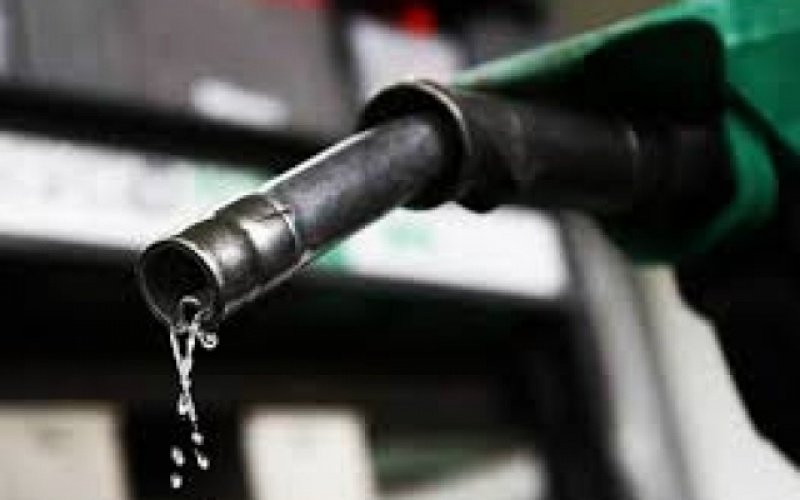
Although the price of crude oil rose by 6.8 per cent over the last 14 days, the Institute for Energy Security (IES) has projected fuel prices to remain largely unchanged for the October 2017 pricing-window.
This, according to IES, is due to the stability of the local currency against the US Dollar, and the six per cent drop in gasoline price, coupled with the rise in gasoil price on the world market.
Below is the review of September 2017 second pricing-window:
Local fuel market at GHS19.85 per gallon. Gasoline price touched its highest level on the local fuel market, as oil marketers increased prices over weakness in the local currency against the dollar and a rise in fuel prices on the international market. Gasoline and Gasoil moved higher over the 14 days, rising 6.57 per cent and 3.45 per cent, respectively. Frimps Oil, Compass Oleum, Zen Petroleum, Lucky Oil and Puma Energy are the Oil Marketing Companies(OMCs) selling the cheapest Gasoline and Gasoil in price terms.
World Oil Market Prices
The benchmark crude surged 6.8 per cent to settle at $56.92 per barrel, best average closing price for oil producers in recent years, a signal that OPEC has now achieved its goal of flipping Brent crude’s market structure into ‘backwardation’. The rise in price of up to $59.02 per barrel was fueled by improving demand and expectation that producers will extend a deal to limit output. Standard and Poor’s Global Platts benchmark for the period under review, Gasoline price deceased from $626.68 per metric tonne to $589.02 per metric tonne, while Gasoil went up from a previous average of $418.25 per metric tonne to $437.27 per metric tonne.
Local Forex and Fuel Stock
Figures put together by our Economic Desk from the banking industry suggest the Cedi was stable for the period under review, maintaining the previous exchange rate of GHS 4.48 to a Dollar. From September 12 to 27, 2017, the quantity of Gasoline and Gasoil imported into the country was approximately 78,500 metric tonnes and 57,000 metric tonnes, respectively to augment the country’s fuel stock. This imported quantity is capable of meeting 13 days of national demand.
Source:Ghana/AccraFM.com

































